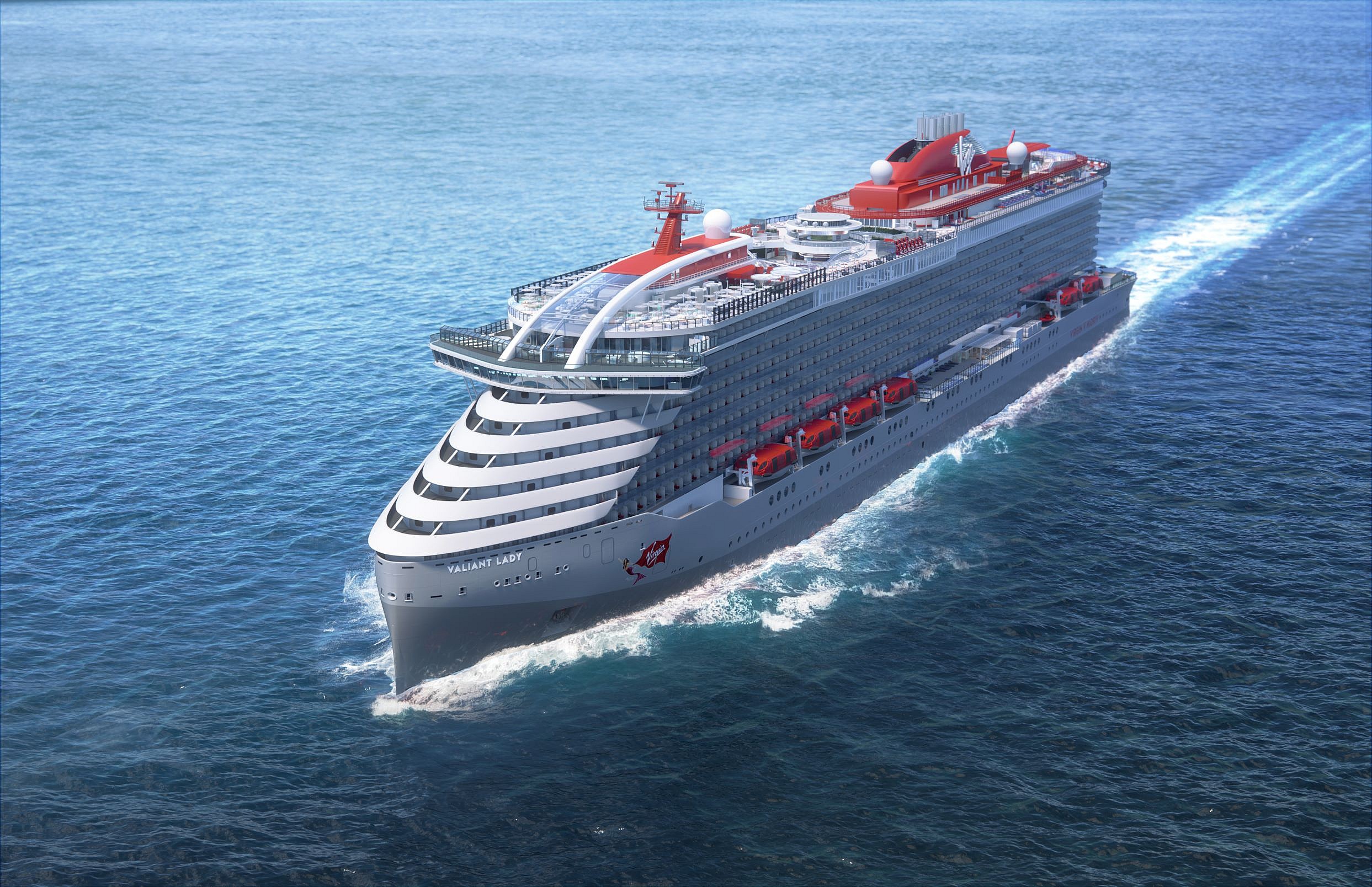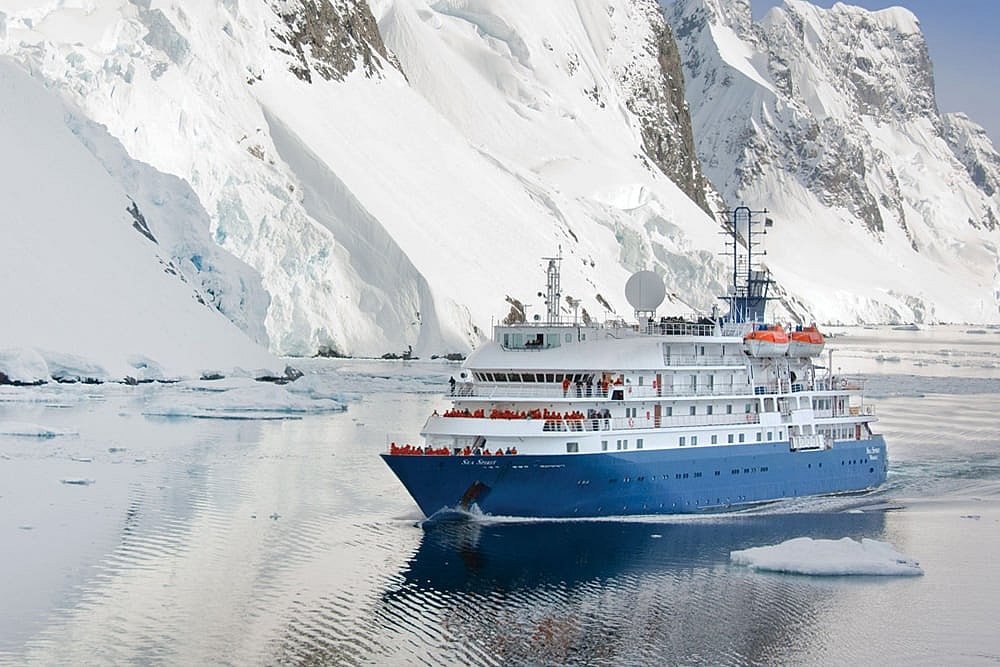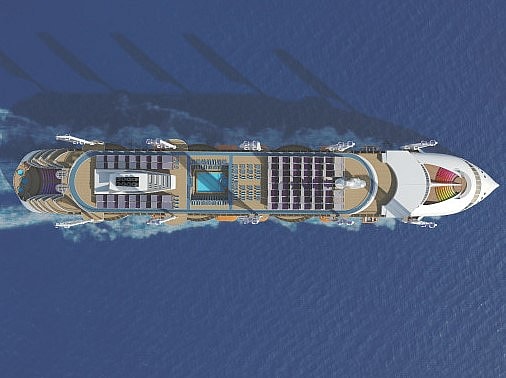How Coronavirus Could Transform the Cruise Ship Industry
Will anyone want to vacation on a crowded cruise ship after the pandemic?

Cruise ships have received special scrutiny since the novel coronavirus pandemic began, and with good reason—they’re floating viral hotspots in waiting. As a result, the cruise industry will likely never be the same again.

Uproxx details some obvious signs that things will change, perhaps drastically:
Then there’s the current public sentiment, which is… not favorable. John DiScala, widely known in the travel community as Johnny Jet, got cruisers up in arms last week after telling his 124K Twitter followers that he wouldn’t go on a cruise for at least a year after the quarantine lifts. Fellow travel writer Tamara Hinson wrote a piece about it for the Telegraph, which leads off with, “Cruising has borne the brunt of the coronavirus pandemic in multiple ways.” A bold lede and demonstrably untrue.
The poor have borne the brunt of the pandemic (all pandemics, historically speaking) and cruising has so many issues tangled up in matters of wealth disparity (from their tax evasion to their overt bullying of the developing nations they visit to their labor conditions and wages) that framing these multinational corporations as victims is absurd-veering-toward macabre.
On the question of some kind of bailout, Uproxx notes that 10 senators have already authored a letter requesting cruise lines “address pollution in [a] financial assistance package.”
John “Johnny Jet” DiScala goes on to say that he’s been “shocked” at the number of responses to his assertions about the insanity of going on an ocean cruise anytime soon.

“People who were big-time cruisers who have said they won’t get on a cruise again,” he tells Uproxx, “Still… they have so many big ships in these fleets, I think even if we see ‘free trips’ — where they just want to get people on board to spend money at the casino or alcohol, which could happen — they’ll have a hard time getting people interested in the short term.”
DiScala goes on to say that the river cruise sub-industry, which has flourished for decades in Europe in particular, might be fine. “The problem is,” he continues, “that I don’t know how much bigger that particular market can get, until they find new rivers and destinations. But as someone who likes cruising, I would definitely go on a river cruise before I’d go on an ocean cruise.”
Still, the cruise industry had what amounted to safety checks on its financial viability in place prior to the arrival of coronavirus, since so many companies were registered in other countries to avoid high taxes from the United States. So to predict its total demise might be premature at this point.
Uproxx concludes that cruising might simply have to answer to “its passionate consumer-base and its haters alike to answer for its larger failings” during the fallout from the novel coronavirus.
That may be letting the industry off the hook a bit. Uproxx references “ghost ships” in which passengers were stranded for days longer than the original trip was supposed to last due to sudden and rapid coronavirus spread. Some of those ships were actually “shunned” by multiple ports before finding a berth.
As the real, inside stories of the “ghost ships” begin to make it into the news, cruise lines may find the after-effects of the pandemic linger much longer than anticipated.
